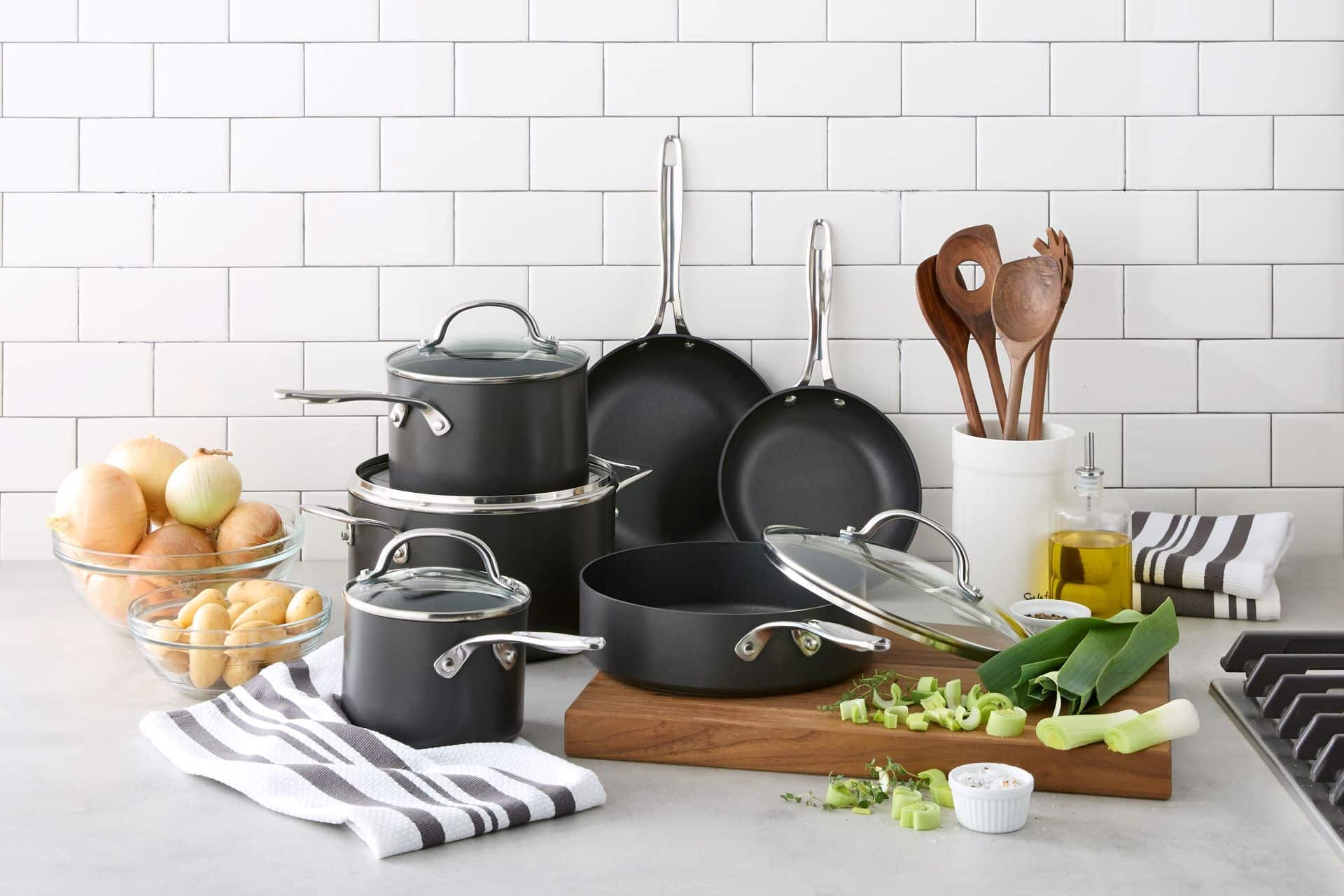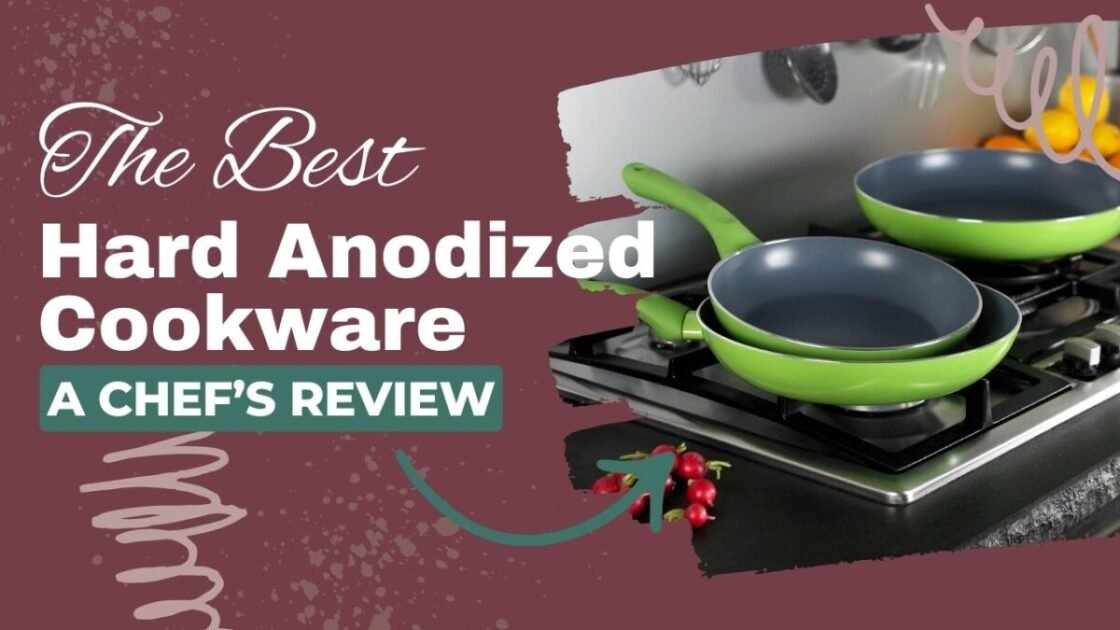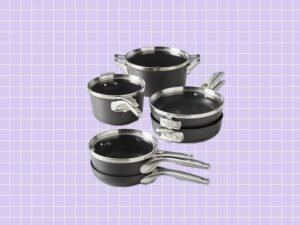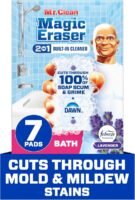Anodized aluminum cookware is safe to use as it is chemically treated to seal the metal and prevent direct contact with the food being prepared. It is a durable and non-stick option for cooking but may require the use of oil or butter to prevent sticking.
However, it can scratch if metal utensils are used, and it is heavier compared to other types of cookware. Overall, anodized aluminium cookware offers healthier cooking as it is free of harmful chemicals like PFOA and PTFE. It is recommended to hand wash these cookware items and avoid using them in a dishwasher.
Is anodized aluminum cookware safe?
Anodized aluminum cookware is a popular choice for many home cooks due to its durability, heat conductivity, and non-stick properties. However, there may be concerns about the safety of using this type of cookware, especially when it comes to potential chemical exposure.
Chemical Treatment Of Aluminum
One of the main reasons why anodized aluminum cookware is considered safe is because of the way it is manufactured. During the anodization process, aluminum undergoes a chemical treatment that forms a protective layer on its surface. This layer not only enhances the durability and heat resistance of the cookware, but it also prevents the aluminum from leaching into the food.
The anodization process involves immersing the aluminum in an electrolyte solution and passing an electric current through it. This causes an oxidation reaction to occur, creating a thick layer of aluminum oxide on the surface. This oxide layer is chemically bonded to the aluminum, making it stable and non-reactive.
No Direct Contact With Food
Another reason why anodized aluminum cookware is considered safe is that it does not come into direct contact with the food being prepared. The non-stick properties of the cookware are typically achieved through a non-toxic coating that is applied to the surface. This coating acts as a barrier, preventing any direct interaction between the aluminum and the food.
It is important to note that, over time, the non-stick coating may wear off or get scratched. In such cases, it is advisable to replace the cookware to avoid any potential aluminum exposure.
Sealed And Safe
In summary, anodized aluminum cookware is safe for everyday use in the kitchen. The chemical treatment of the aluminum creates a protective layer that prevents any metal from leaching into the food. Additionally, the non-stick coating ensures that the food does not come into direct contact with the aluminum surface. As long as the cookware is well-maintained and any damaged coating is replaced, you can enjoy the benefits of anodized aluminum cookware without worrying about its safety.

Difference Between Anodized Aluminum And Regular Aluminum
Anodized aluminum and regular aluminum have distinct differences. Anodized aluminum undergoes a chemical treatment that seals the metal, making it safe for cookware as it doesn’t come in direct contact with food. Regular aluminum, on the other hand, may react with certain foods, potentially affecting their taste and safety.
Aluminum Vs. anodized Aluminum
When it comes to cookware materials, aluminum is a popular choice due to its excellent heat conductivity and lightweight nature. However, regular aluminum cookware poses some concerns regarding the safety of food preparation. This is where anodized aluminum cookware comes into play as a safer alternative. Understanding the difference between regular aluminum and anodized aluminum is crucial to making an informed decision when purchasing cookware for your kitchen.
Similarities
Both regular aluminum and anodized aluminum are derived from the same base material: aluminum. This means that they share certain properties and benefits. Here are some notable similarities:
- Good heat conductivity: Both regular aluminum and anodized aluminum have excellent heat distribution properties, allowing for even cooking.
- Lightweight: Aluminum, in general, is known for its lightweight nature, making it easy to handle and maneuver in the kitchen.
- Durability: Aluminum is a durable material that can withstand high temperatures and daily use in the kitchen.
Pros And Cons
Regular Aluminum
Regular aluminum cookware has been used for decades due to its affordability and efficient heat distribution. However, it comes with several drawbacks:
- Reactivity: Aluminum has a tendency to react with acidic or alkaline foods, potentially affecting the taste and appearance of the dish.
- Health concerns: There are concerns about the safety of using regular aluminum cookware, as it can leach small amounts of aluminum into the food, especially when cooking acidic dishes.
- Non-stick coating: Regular aluminum cookware often requires a non-stick coating to prevent food from sticking, which may be prone to wear and tear over time.
Anodized Aluminum Cookware
Anodized aluminum cookware is specifically designed to address the drawbacks associated with regular aluminum. Here are its advantages:
- Non-reactive: The anodized coating on the aluminum surface creates a non-reactive barrier, eliminating the risk of aluminum leaching into the food.
- Enhanced durability: The anodization process not only strengthens the aluminum but also provides it with a protective layer, making it resistant to scratches, corrosion, and wear.
- Easy to clean: Anodized aluminium cookware is typically dishwasher-safe and can be easily cleaned without the need for scrubbing or harsh cleaning agents.
- Heat retention: The anodized surface allows for improved heat retention, reducing the cooking time and saving energy.
In conclusion, anodized aluminum cookware offers a safer and more durable option compared to regular aluminum cookware. With its non-reactive properties and enhanced durability, anodized aluminum is gaining popularity among health-conscious individuals and professional chefs alike.
Choosing Between Hard-anodized And Non-Sticky Cookware
When it comes to choosing cookware for your kitchen, one of the most important choices you’ll have to make is between hard-anodized and non-stick options. Both have their own advantages and disadvantages, making it crucial to understand the differences and choose the right one for your cooking needs. In this guide, we will explore the characteristics and benefits of both hard-anodized and non-stick cookware to help you make an informed decision. Let’s dive in!
Understanding Hard-anodized Aluminum Cookware
If you’re looking for cookware that is durable, scratch-resistant, and provides even heat distribution, hard-anodized aluminum is a fantastic option. Hard-anodized cookware undergoes a specialized treatment process that strengthens the aluminum, providing a non-porous and non-reactive cooking surface. This means that your food won’t come into direct contact with the metal, ensuring its safety and preventing any unwanted reactions.
Moreover, hard-anodized aluminum cookware is highly heat-responsive and conducts heat evenly, which guarantees that your dishes are cooked uniformly. This type of cookware is also resistant to warping and corrosion, making it suitable for long-term use. Furthermore, hard-anodized cookware is incredibly versatile and can be used on various stovetops, including gas, electric, and even induction ranges.
Hard-anodized Vs. regular Aluminum Non-stick
Regular aluminum non-stick cookware is often coated with a layer of non-stick material to prevent food from sticking during cooking. While this type of cookware is generally affordable and lightweight, it may not be as durable or scratch-resistant as hard-anodized aluminum. The non-stick coating can wear off over time, especially if you use metal utensils, and may need to be replaced more frequently.
On the other hand, hard-anodized non-stick cookware offers the benefits of both hard-anodized aluminum and non-stick coatings. It combines the durability and heat distribution of hard-anodized cookware with the convenience of a non-stick surface. This makes it easier to cook with and clean, as food slides off effortlessly without sticking to the pan.
Hard-anodized Vs. stainless Steel Non-stick
Another popular choice for non-stick cookware is stainless steel. While stainless steel offers excellent durability and is resistant to rust and corrosion, it is not inherently non-stick. Stainless steel non-stick cookware combines the durability of stainless steel with a non-stick coating, similar to hard-anodized non-stick cookware.
The key difference between the two lies in the way they conduct heat. Stainless steel takes longer to heat up and distributes heat unevenly, whereas hard-anodized aluminum offers quick and even heat distribution. However, stainless steel non-stick cookware is generally more resistant to scratches and can withstand higher cooking temperatures, making it a suitable choice for searing and browning.
Which is better: hard-anodized or non-stick?
Choosing between hard-anodized and non-stick cookware ultimately depends on your cooking preferences and needs. If you prioritize durability, even heat distribution, and scratch resistance, hard-anodized aluminum cookware is an excellent choice. On the other hand, if you prefer the convenience of a non-stick surface and easy cleanup, non-stick cookware, whether regular aluminum or stainless steel, might be more suitable for you.
It’s important to note that both types of cookware have their own unique advantages and drawbacks. Assess your cooking habits, style, and specific requirements to make an informed decision that complements your culinary adventures. Don’t forget to consider factors such as budget, maintenance, and cooking techniques when weighing your options.
Frequently Asked Questions About the Anodized Aluminum Cookware Safe | Complete Guide
Is anodized aluminum cookware safe to use?
Yes, anodized aluminium cookware is safe to use as it is chemically treated and sealed, preventing direct contact between the metal and food. It is also free of harmful chemicals like PFOA and PTFE. It is recommended to hand wash the cookware and avoid using metal utensils or scouring pads to maintain its durability.
What Are the Disadvantages of Hard-Anodized Cookware?
The disadvantages of hard anodized cookware include potential scratching from metal utensils and its heavier weight compared to other cookware types. While it has some non-stick capability, it often requires the use of oil or butter. It is recommended to hand wash this cookware and avoid using scouring pads to prevent damage.
Which one is better, hard-anodized or nonstick?
Hard-anodized cookware is better than nonstick. It is durable, scratch-resistant, and doesn’t require butter or oil to prevent food from sticking. It is also safe for health as it is made by chemically treating aluminum to seal it from direct contact with food.
Hand wash is recommended.
How Healthy Is Hard Anodized Cookware?
Hard anodized cookware is safe and healthy to use. It is made by treating aluminum chemically, which seals the metal and prevents direct contact with food. Unlike traditional non-stick cookware, it is free of harmful chemicals like PFOA and PTFE.
Enjoy cooking your favorite meals with peace of mind. Remember to hand wash and avoid using scouring pads.
Conclusion
Overall, it is clear that anodized aluminum cookware is a safe choice for your kitchen. Through the chemical treatment of aluminum, anodized cookware eliminates any direct contact with food, ensuring your health and well-being. Additionally, it offers durability and scratch resistance, although it is important to avoid using metal utensils.
While it may be slightly heavier compared to other cookware types, its non-stick capabilities make it a great choice for hassle-free cooking. Remember to hand wash your anodized aluminum cookware and avoid scouring pads to maintain its quality and longevity.
Trust in the safety and benefits of cooking with anodized aluminum cookware.

I have been working as an SEO Expert in Bangladesh for a long time and now providing the best SEO Service in Bangladesh. With the approach to Semantic SEO that eschews superfluity. Jahan





